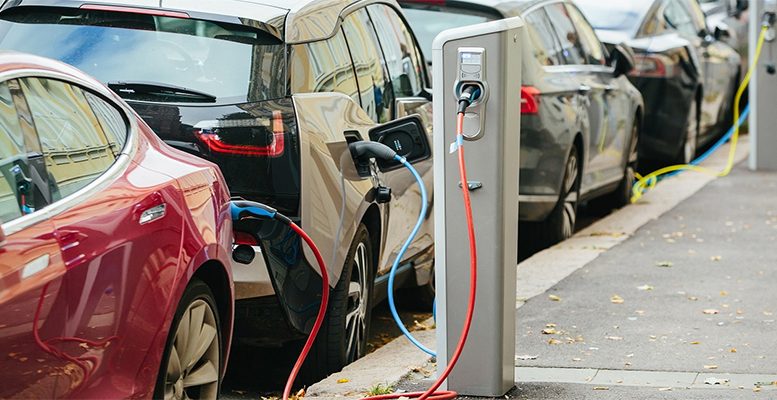The situation is so absurd that there are situations where, although there are charging points already installed – at petrol stations, in public car parks or other types of premises – they do not actually have any electricity. They are not operational because some grid connection permit or other final document is missing.
This collapse not only puts Spain at the bottom of the European league table in the deployment of electric charging stations, with 1.6 charging points every 100 kilometres, compared to 64 kilometres in the Netherlands, or 27 in Portugal, to give some examples. It also means that Spain is failing to meet its own targets. Whether or not they are operational, it is currently estimated that there are between 16,000 and 18,000 recharging points already deployed in Spain.
The Recovery, Transformation and Resilience Plan launched by the government in 2021 envisaged a medium-term deployment of between 80,000 and 100,000 electric charging points.
The newspaper Expansión explains that oil companies such as Repsol, Cepsa and BP are attacking large electricity companies such as Iberdrola, Endesa and Naturgy for deliberately slowing down the necessary connections to the electricity grid for these electric recharging stations. There are also disputes between the electricity companies themselves, because the distribution networks -necessary for the charging points to have electricity flow- belong to different groups depending on each region, but all the electricity companies want to deploy installations throughout the territory.
The energy companies, in turn, blame the administration (whether local, regional or state) for the bureaucratic bottleneck in the processing of permits. There are some 40,000 applications pending, which represents nearly 6,000 million euros of investment at stake.





